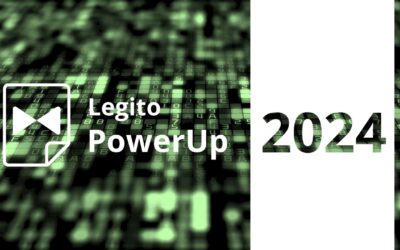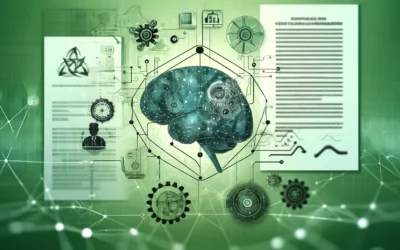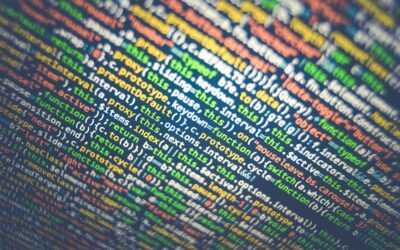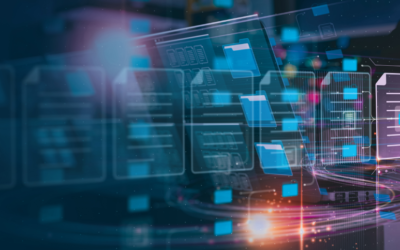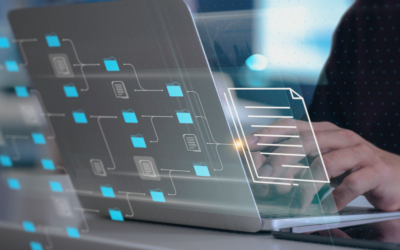Luigi Cominelli:
Technology is a Lawyer‘s Friend,
not Their Enemy
Luigi Cominelli:
Technology is a Lawyer‘s Friend,
not Their Enemy
After 15 successful years as a Knowledge Manager with NCTM law firm (Milan), now advises UniqLegal S.p.A. in the creation of a combined proprietary internal knowledge management system.
Luigi Cominelli is not only an Associate Professor of Sociology and Negotiation at the University of
Milan Law School, but also the Knowledge Manager at UniQLegal. Besides his professional interests,
Luigi has a passion for Negotiation, Dispute Resolution and cognitive science. Whether through
teaching, writing, or working inhouse, Luigi has made a career out of assisting parties across various
industries to reach fair and amical resolutions. His writings have focused on public and corporate
ombudsmen, civil justice, family mediation, criminal mediation, peer mediation, alternative dispute
resolution, online negotiation dispute resolution and public bureaucracies.
“Getting a student interested or eager to defy conventional wisdom is certainly one of the biggest joys I get from teaching.”
How did you get into teaching? What aspects about teaching do you most enjoy?
I always had a strong impulse to understand how things work, so I guess in the beginning, I was primarily interested in research. But good research needs to be understandable, and if it cannot be explained, it is useless. Besides, I come from a family of teachers, so the pedagogical aspect of the learning process, and not just the notions themselves, has been a big part of what motivates me. Getting a student interested or eager to defy conventional wisdom is certainly one of the biggest joys I get from teaching.
What is your approach to teaching negotiation, mediation, and dispute resolution? What are the three most important things you hope your students remember, and practice?
My approach is hands-on, so I hope that when they finish the course, students see the world from another perspective, and learn to do new things. I know that for young lawyers, prevailing and being right is of the utmost importance, but my first objective is teaching them the importance of understanding, cooperating, and being creative in finding solutions.
What interests you most about LegalTech.
In your life, what features do you look for in a legal technology – which ones are more important to you personally? And to the field of negotiation and dispute resolution?
I’ve always been super-interested in technology. Although I enjoyed my law school years and practice, sometimes I regret not having taken a technological degree. But then I found that a lot of lawyers had the same dream… Technology (and LegalTech is no different) makes things easier, more understandable and enjoyable, and frees your time for real intellectual work (or leisure). In dispute resolution, technology may be employed foremost as a way to reduce distances, and allow for better communication.
How would you describe your current role at UniQLegal, does your teaching experience ever come in handy at the office, how?
It certainly does. One of the biggest challenges of Legal Tech, paradoxically, is to make lawyers understand that technology is their friend, not their enemy. Lawyers normally have a humanities background, so you have to develop a maieutic attitude and bring out the techie in them.
What is UniQLegal? How and why did it come to be?
UniQLegal is a new experience in the Italian market for legal services, bringing together two law firms and a big banking group. It’s a start-up with a solid basis, and it will be centered around smartening the traditional work of lawyers, also through LegalTech. Sophisticated corporate clients nowadays need to see that their counsels understand, and in some ways also share, their focus on productivity and efficiency.
In your opinion, due to the worldwide pandemic, what kind of LegalTech features will lead the charge in disrupting the status quo?
We have been seeing a gradual and evolutionary progress of the use of technology in the legal world throughout the last decades. Traumatic and global events such as
Covid-19 will push a lot of professionals out of their comfort zone. LegalTech will have to be ready to provide them the solutions that mimic real life interaction, and make itself “invisible” to be more effective.
How did you get into teaching? What aspects about teaching do you most enjoy?
I always had a strong impulse to understand how things work, so I guess in the beginning, I was primarily interested in research. But good research needs to be understandable, and if it cannot be explained, it is useless. Besides, I come from a family of teachers, so the pedagogical aspect of the learning process, and not just the notions themselves, has been a big part of what motivates me. Getting a student interested or eager to defy conventional wisdom is certainly one of the biggest joys I get from teaching.
What is your approach to teaching negotiation, mediation, and dispute resolution? What are the three most important things you hope your students remember, and practice?
My approach is hands-on, so I hope that when they finish the course, students see the world from another perspective, and learn to do new things. I know that for young lawyers, prevailing and being right is of the utmost importance, but my first objective is teaching them the importance of understanding, cooperating, and being creative in finding solutions.
What interests you most about LegalTech.
In your life, what features do you look for in a legal technology – which ones are more important to you personally? And to the field of negotiation and dispute resolution?
I’ve always been super-interested in technology. Although I enjoyed my law school years and practice, sometimes I regret not having taken a technological degree. But then I found that a lot of lawyers had the same dream… Technology (and LegalTech is no different) makes things easier, more understandable and enjoyable, and frees your time for real intellectual work (or leisure). In dispute resolution, technology may be employed foremost as a way to reduce distances, and allow for better communication.
How would you describe your current role at UniQLegal, does your teaching experience ever come in handy at the office, how?
It certainly does. One of the biggest challenges of Legal Tech, paradoxically, is to make lawyers understand that technology is their friend, not their enemy. Lawyers normally have a humanities background, so you have to develop a maieutic attitude and bring out the techie in them.
What is UniQLegal? How and why did it come to be?
UniQLegal is a new experience in the Italian market for legal services, bringing together two law firms and a big banking group. It’s a start-up with a solid basis, and it will be centered around smartening the traditional work of lawyers, also through LegalTech. Sophisticated corporate clients nowadays need to see that their counsels understand, and in some ways also share, their focus on productivity and efficiency.
In your opinion, due to the worldwide pandemic, what kind of LegalTech features will lead the charge in disrupting the status quo?
We have been seeing a gradual and evolutionary progress of the use of technology in the legal world throughout the last decades. Traumatic and global events such as
Covid-19 will push a lot of professionals out of their comfort zone. LegalTech will have to be ready to provide them the solutions that mimic real life interaction, and make itself “invisible” to be more effective.
More Industry Insights

